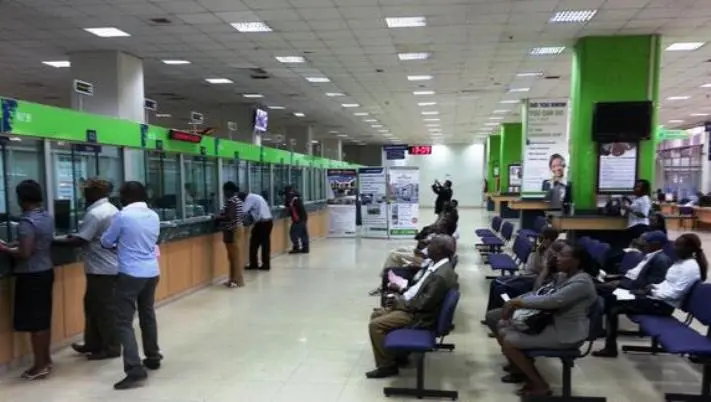DataPro, a frontline technology-driven credit rating agency, has expressed fear that Nigerian banks, including Access Bank, might have a lot of issues to battle in the future to sustain their businesses.
The rating agency said explained that if key fundamentals were anything to go by, especially should persistently high inflation continues to push the Central Bank of Nigeria (CBN) to aggressively tighten monetary policy, triggering significant market volatility and repricing risks, financial institutions across the country may have their fortunes eroded.
“Most importantly, 2022 should see an acceleration in the regulatory debate on less traditional risk types, including environmental and technology-related risks. The Basel Committee, for instance, recently published a consultation paper on a principles-based approach for the effective management and supervision of climate-related financial risks. It is believed that banks will, next year, accelerate their initiatives to embed these risks into their credit culture, strategy, and risk management.
“Through 2022, assuming there are no policy surprises or economic setbacks. Abundant and cheap liquidity, increased risk appetite, and investors’ search for yield have led to strong credit demand across the ratings scale, allowing corporates to refinance debt and extend maturities, limiting near-term refinancing risks.
Still, defaults could arise from new financing risks, shorter maturities in certain industries, and regions most relying on market liquidity. Bankruptcies could also rise among small and mid-size businesses,” DataPro said in a statement cited by BizWatch Nigeria.
Citing COVID-19 as a major challenge, DataPro explained that the aftershocks of the infectious disease pose significant risks. “Persistent inflation, tied to supply chain disruptions and soaring energy prices, could trigger wage inflation and push the CBN to hike interest rates sooner and faster. Consequently, this could generate market volatility, likely amplified by elevated debt levels. New variants could weaken the global economic recovery, as could the nation’s policy and economic developments.
Beyond COVID-19, credit markets face significant longer-term uncertainties around energy transition, cyber risk, and evolving financial systems in an increasingly digital economy,” the agency added.
















